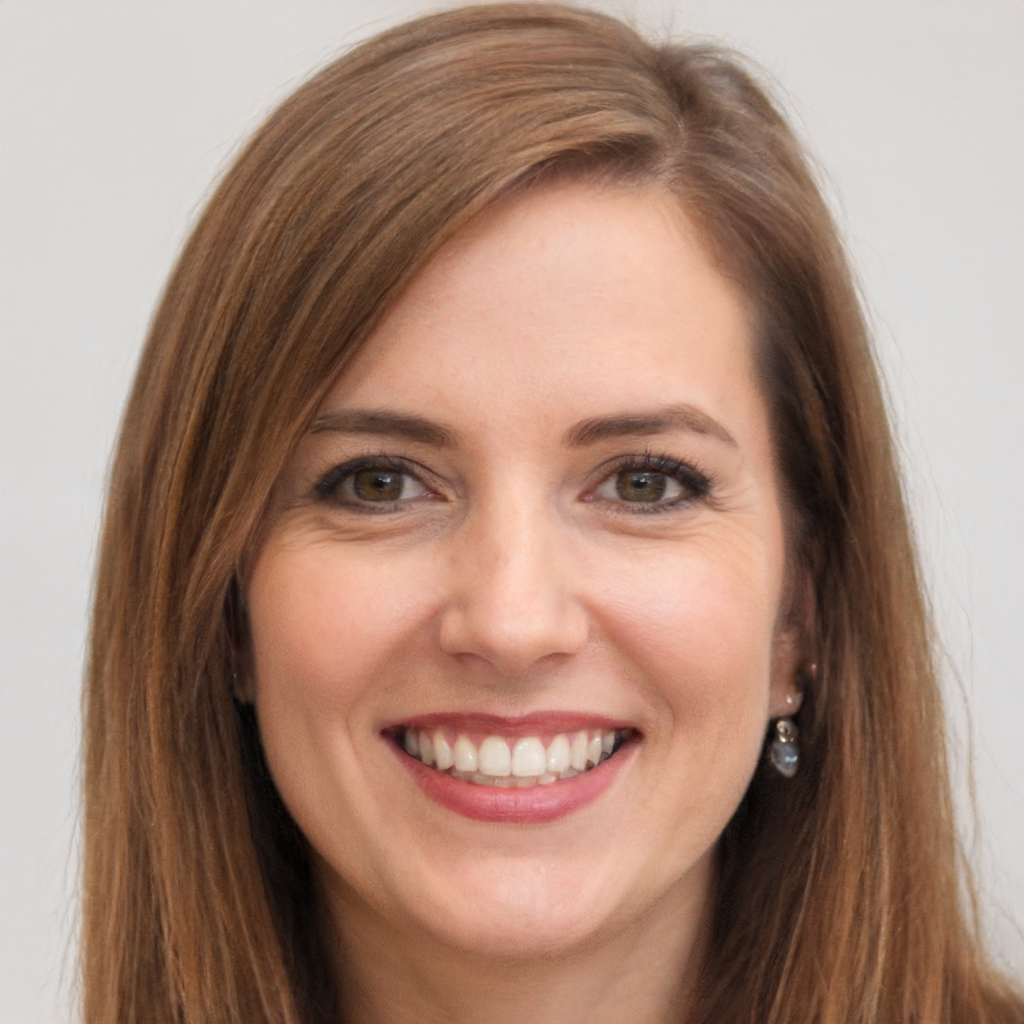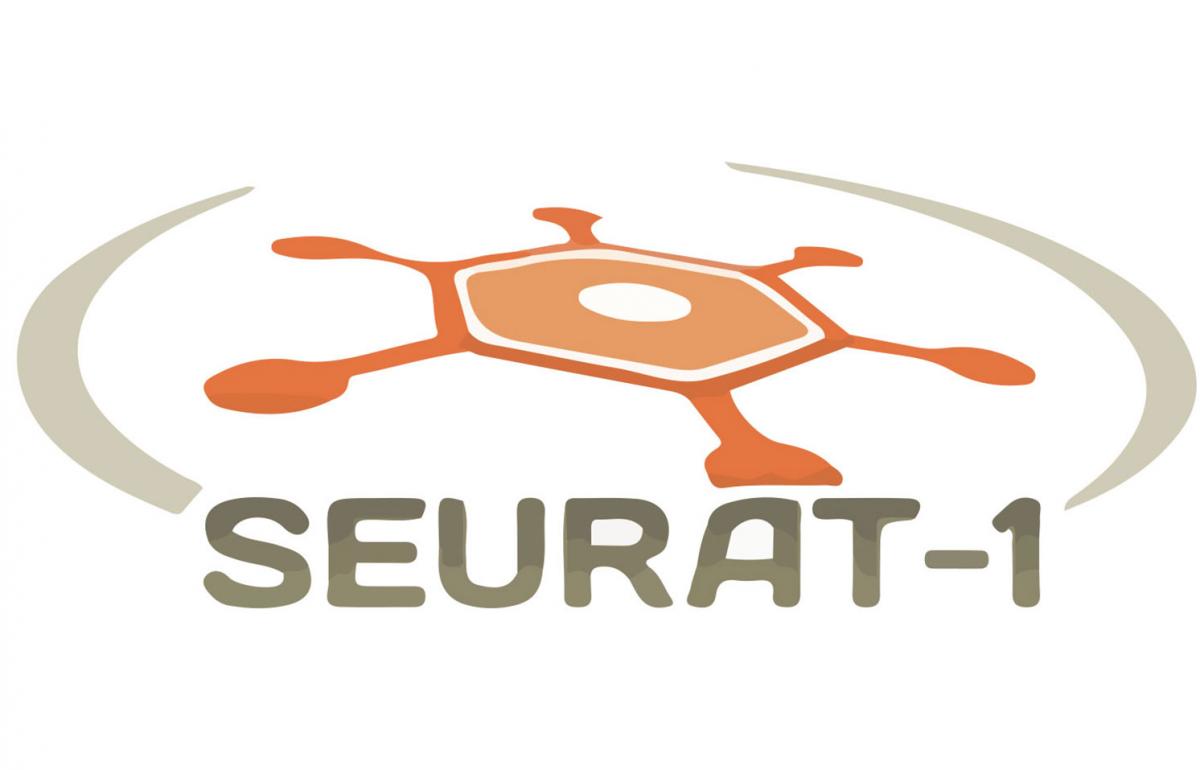SEURAT-1 at the “European Commission Scientific Conference Non-animal approaches – the way forward” on 6 and 7 December 2016
The European Commission organised a scientific conference in Brussels on 6 and 7 December 2016 to engage the scientific community and relevant stakeholders in a debate on how to exploit cutting edge advances in biomedical and other research in the development of scientifically valid non-animal approaches (alternatives to animal testing).
SEURAT-1 was represented with a booth in the exhibition space, where the SEURAT-1 video was shown (see below) and where the delegates could visit the highly appreciated SEURAT-1 “Educational Tour”. It was also the opportunity to launch the 6th and last volume of the SEURAT-1 book series, carrying the title “The Blueprint for Future Safety Assessment of Chemicals”. This was the last Conference in which the SEURAT-1 initiative was represented by its Coordination and Support project “COACH”, which will terminate at the end of December 2016.
In the same exhibition space the delegates could also meet representatives from EU-ToxRisk, a large scale project funded by the European Commission’s Horizon 2020 programme, that is following-on SEURAT-1 and more generally the European research efforts on alternative testing methods.
Click below to watch the SEURAT-1 video:
This FP7 Research Initiative was created through a call for proposals by the European Commission that was published in June 2009. The Cosmetics Europe industry offered to match the European Commission’s funds to make a total of EUR 50 million available to try to fill current gaps in scientific knowledge and accelerate the development of non-animal test methods. The Research Initiative focuses on the complex area of repeated dose toxicity.
The Research Initiative is a first step to addressing the long term strategic target of “Safety Evaluation Ultimately Replacing Animal Testing (SEURAT)”. It is called “SEURAT-1”, indicating that more steps have to be taken before the final goal will be reached. SEURAT-1 will develop knowledge and technology building blocks required for the development of solutions for the replacement of current repeated dose systemic toxicity testing in vivo used for the assessment of human safety.
The SEURAT-1 Research Initiative is composed of six research projects, which started on 1 January 2011 and will run for five years. These projects will closely cooperate with a common goal and combine the research efforts of over 70 European universities, public research institutes and companies.
The collaboration between these six research projects, the dissemination of results, the cooperation with other international research teams, and the continuous updating on research priorities will be facilitated by the coordination and support action project “COACH”.
SEURAT-1 has been launched on 1 January 2011 as a cluster, composed of six complementary research projects:
- SCR&Tox, “Stem Cells for Relevant Efficient Extended and Normalized Toxicology”
- HeMiBio, “Hepatic Microfluidic Bioreactor”
- DETECTIVE, “Detection of endpoints and biomarkers of repeated dose toxicity using in vitro systems”
- COSMOS, “Integrated In Silico Models for the Prediction of Human Repeated Dose Toxicity of COSMetics to Optimise Safety”
- NOTOX, “Predicting long-term toxic effects using computer models based onsystems characterization of organotypic cultures “
- ToxBank, “Supporting Integrated Data Analysis and Servicing of Alternative Testing Methods in Toxicology”
And a coordination and support action:
- COACH, “Coordination of projects on new approaches to replace current repeated dose systemic toxicity testing of cosmetics and chemicals”
These seven projects that constitute the SEURAT-1 initiative where selected through the call for proposals “FP7-HEALTH-2010-Alternative-Testing-Strategies” and receive funding support from the European Commission’s FP7 HEALTH Programme and from Cosmetics Europe.
This website has been set-up and is maintained by the coordination and support action COACH.

Sara holds the esteemed position of Lead Publisher at SEURAT, overseeing the curation and dissemination of content centered on health and ethical consumer choices. With her rigorous editorial standards and an acute understanding of the health supplement industry, she ensures the delivery of accurate, insightful, and relevant information to the platform’s discerning audience. Her commitment to promoting cruelty-free practices has solidified the website’s reputation as a trusted source for professional and ethical insights in the sector.
